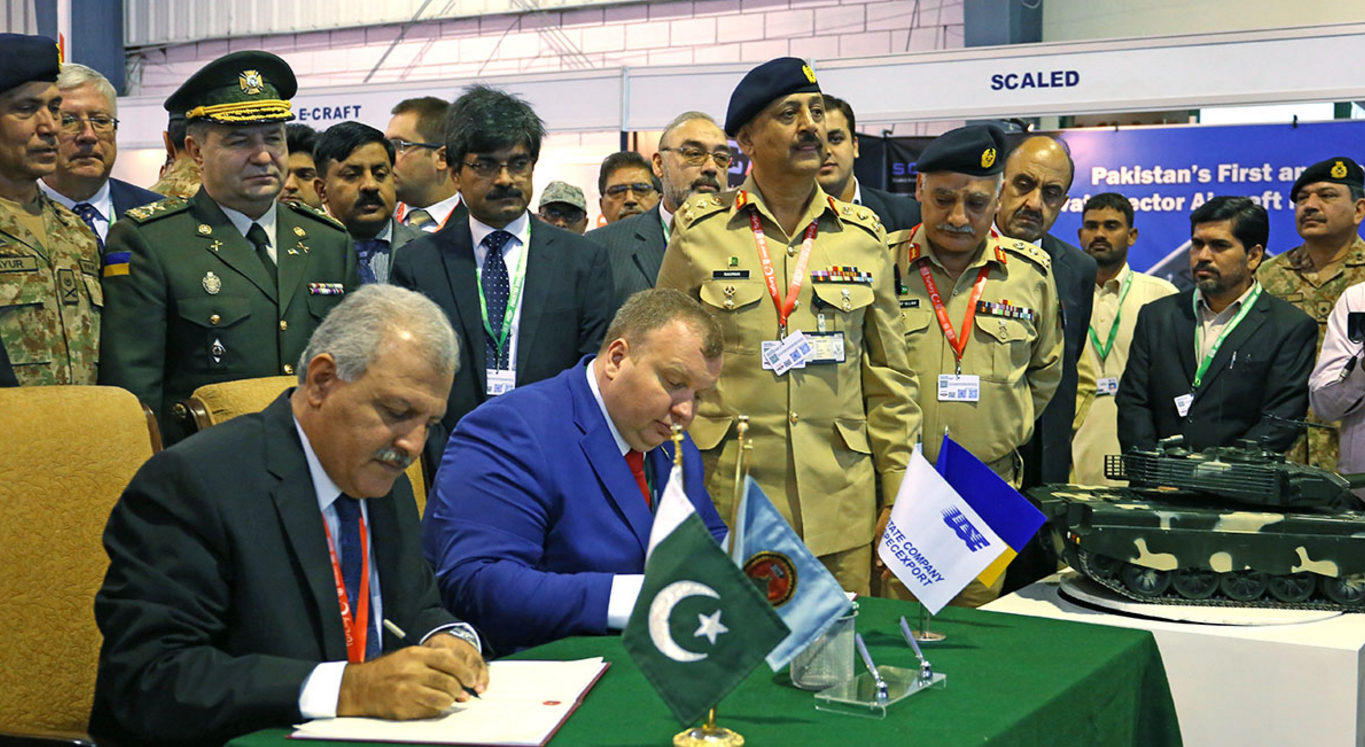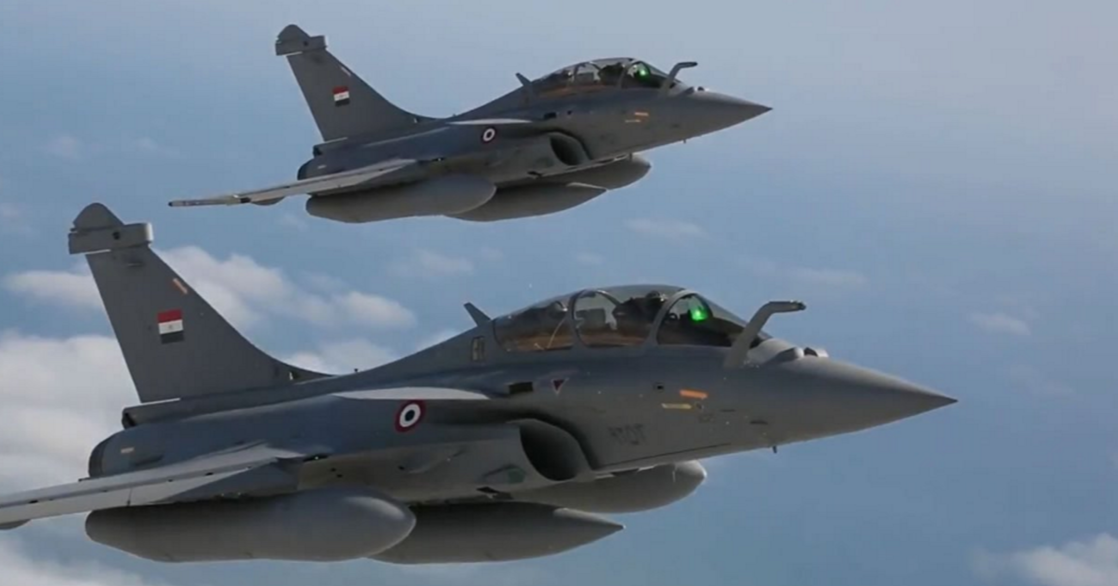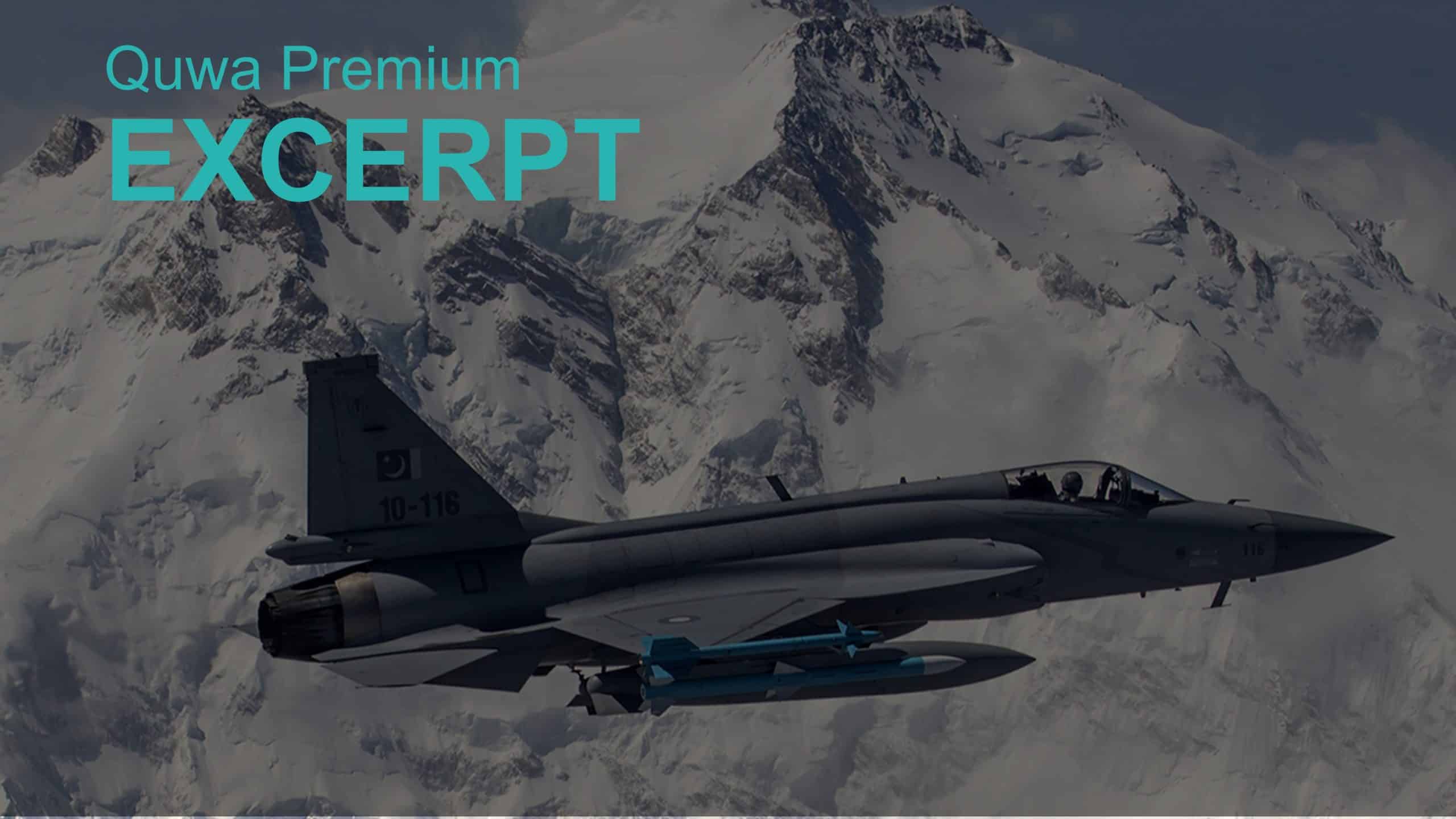2468Views 10Comments

Heavy Industries Taxila and Ukraine sign $600 million MoU
Heavy Industries Taxila (HIT) and Ukrspecexport signed a memorandum of understanding (MoU) for work related to various Pakistani armour programs.
According to Ukraine’s Ministry of Defence, the MoU is valued at $600 million U.S. and covers agreements for technical support, maintenance, and modernization of Pakistan’s tanks and other armoured vehicles. Radio Pakistan reports Ukraine will also provide 200 engines for al-Khalid main battle tanks (MBT).
After signing the MoU, both sides expressed hope for expanding bilateral development and industry ties.
The President of Pakistan, Mr. Mamnoon Hussain, conveyed his government’s interest in pursuing ‘joint defence enterprises’ with Ukraine and to access Ukraine’s expertise in shipbuilding.
Ukraine’s Ministry of Defence also revealed that it had discussed the prospect of joint tank and anti-tank missile production with Pakistan.
Notes & Comments:
With the MoU totaling $600 million in its value, it is apparent that the purchase of 200 Kharkiv Morozov Machine Building (KMDB) 6TD-2 engines constitutes only a portion of the agreement. In fact, the Ukraine Ministry of Defence’s statements on the MoU indicates that it involves numerous programs.
It is possible that Ukraine could be assisting HIT in the further development of the al-Khalid MBT program, which was envisaged in the 1990s to gradually serve as a mainstay tank in the Pakistan Army. It is also possible that Ukraine’s support could enter HIT’s armoured personnel carrier (APC) solutions. Ukraine has end-to-end expertise in these areas, though Pakistan may be particularly interested in subsystems (e.g. engines, transmissions, etc) and new generation armour technology.
An official from HIT confirmed to Army Recognition that the al-Khalid II is also under development. Along with improved armour technology, it will be powered by a 1,500 hp engine. The Ukrainian defence industry would be an obvious contender to support this program.
Overall, it appears that Kiev and Islamabad are enthusiastic about resuming bilateral defence activities, especially with exploratory talks over joint-tank production and shipbuilding. This is a much higher level of cooperation than what originally transpired through the 1990s and early 2000s. Pakistan’s suggestion of ‘joint defence enterprises’ suggests the call for Ukrainian subsidiaries in Pakistan, a nod to an apparent push for increased private sector defence industry activity in Pakistan.



10 Comments
by Sami Shahid
Pakistan should buy or develop ” portable ” anti-tank missile system.
by Hashim Rasheed
Will they be making 200 new tanks, or just upgrading 200 current tanks with the new 1500 hp engine???
by Bilal Khan
Seems they’ll be producing 200 AK-1s, but with improved 6TD-2 1,200hp engines.
by Qasim57
We already have. The Anza and it’s improved variants have even been sold abroad to Malay friends.
by Qasim57
Why 1200hp though, new Ukraine tanks have 1500.
by Bilal Khan
Could be because the 6TD-3 is a new design with teething/maturity issues.
by nob hamid gul
Lol anza is not a anti tank missile. Anza is a anti aircraft surface to air system. Similar to US stinger.
by nob hamid gul
Pakistan indigenously produce man portable bakhtar shikan anti tank missile.
The missile can be fired from shoulder, helis, jeep etc etc.
Now Pakistan is looking to replace it’s bakhtar shikan by fourth gen missile like Israeli spike
by Sami Shahid
I don’t think we produce a ( portable anti-tank “guided” missile system ).
by nob hamid gul
Obviously NOT as portable as Israeli spike and american Javelin but still capable enough to be carried in parts and fired by a single soldier.
Baktar shikan was also supplied to the Bosnian Muslims during the Bosnian war.
And yes it is a guided missile and that is what differentiate it from advance system like spike and javelin.